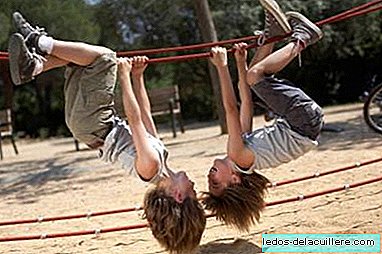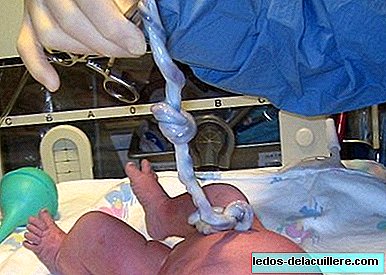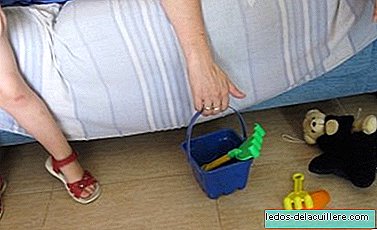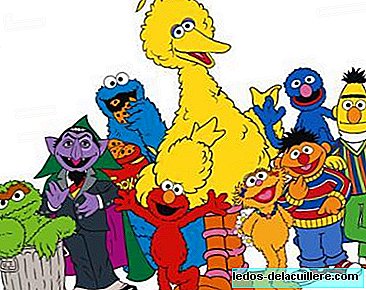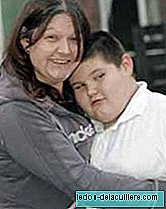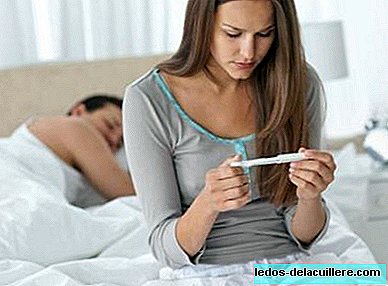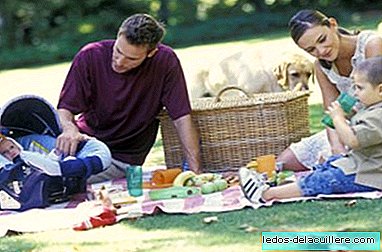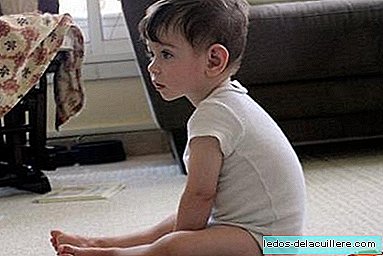
The effectiveness of educational DVDs that supposedly help develop the child's intelligence is questioned again. A new study with 88 children shows that Baby Einstein educational videos do not help develop the language of children under two years old.
Children between one and two years old were divided into two groups. One was shown a DVD of the Baby Einstein series several times a week for six weeks while the other group never saw it.
The researchers then assessed their language skills to see if the first group had learned new words based on how many words the children knew before. The conclusion was that babies who had seen the educational video did not show greater knowledge than those who had not watched it.
Scientists go further, because they not only believe that they do not contribute to improving the language of the child, but that children exposed to videos from an early age (the same as is believed of children too exposed to television) have a more vocabulary scarce. The latter had already been verified by other experts and then Disney decided to return the money of its Baby Einstein products for not stimulating children's intelligence.
While the company defends itself by arguing that its products "are not designed to make children smarter," an impressive marketing campaign makes many parents believe that Baby Einstein is able to get it.
On the other hand, it is not recommended that children under 2 years of age watch television because among other things it affects language and cuts social stimulation. The most advisable for the integral development of the baby is that the parents interact with him, talking to him, playing together, stimulating him and through physical contact.
Baby Einstein can entertain, yes. There are children who are stunned watching the videos It is not proven to improve your language skills not to make children smarter.


